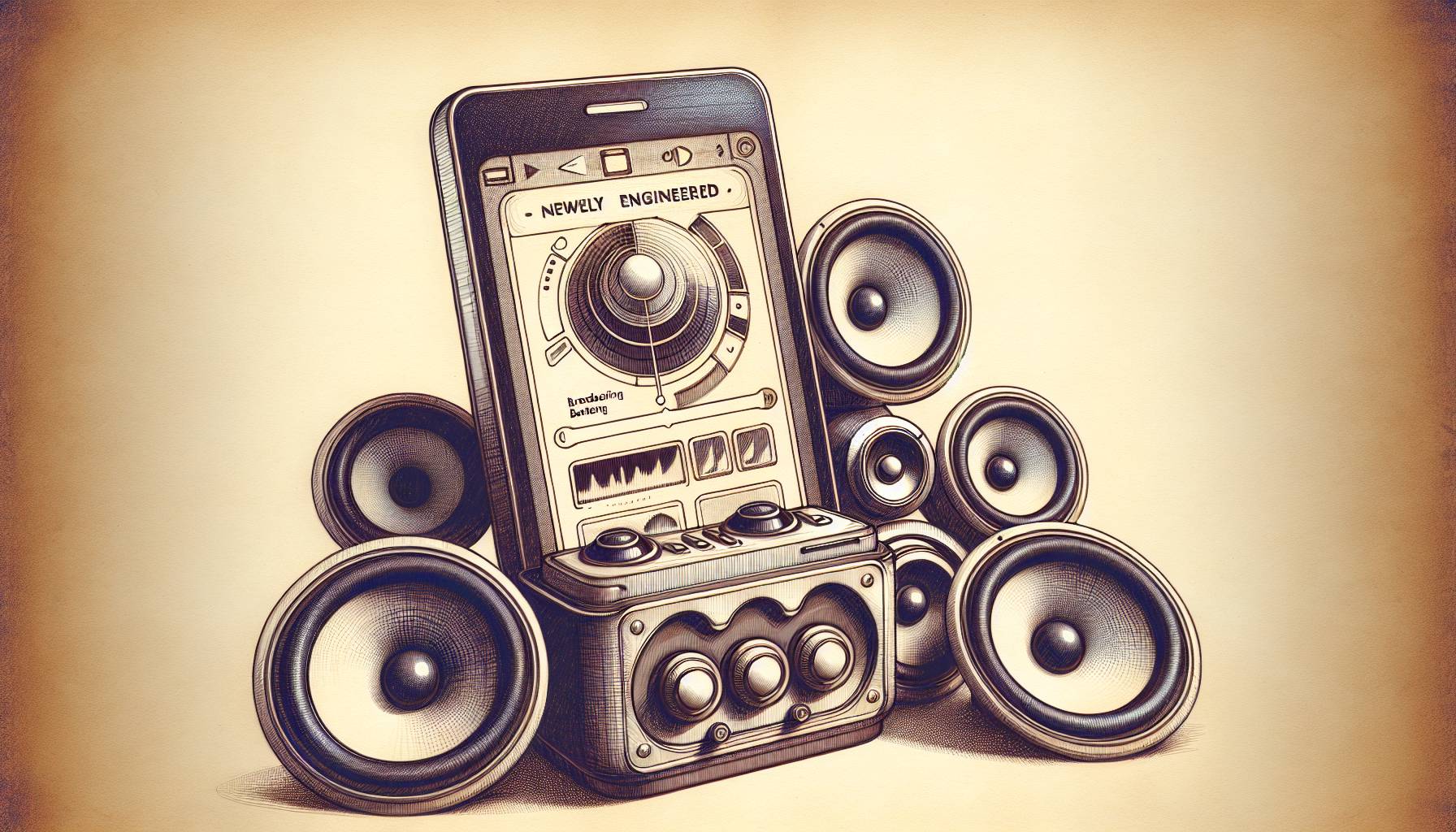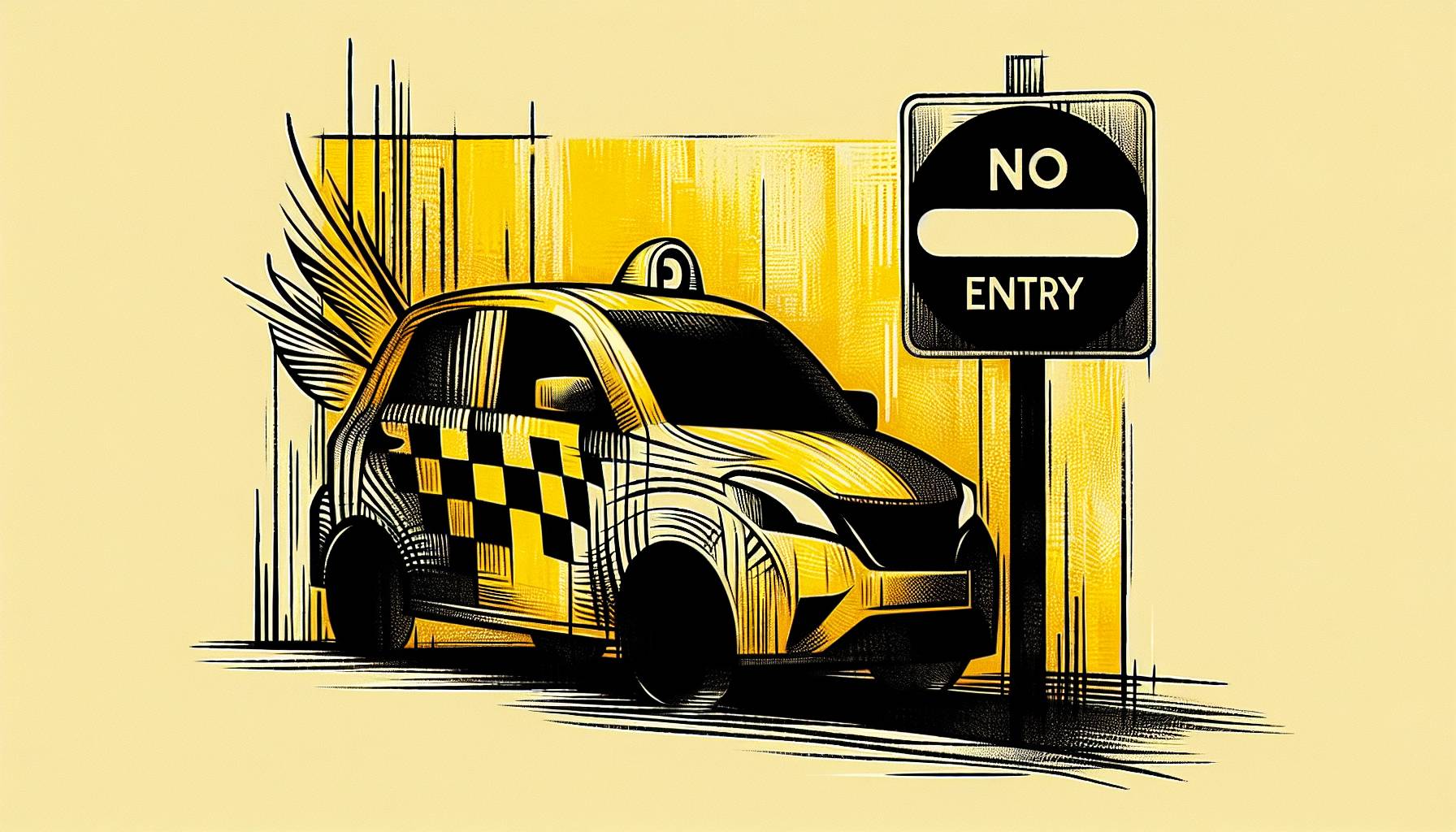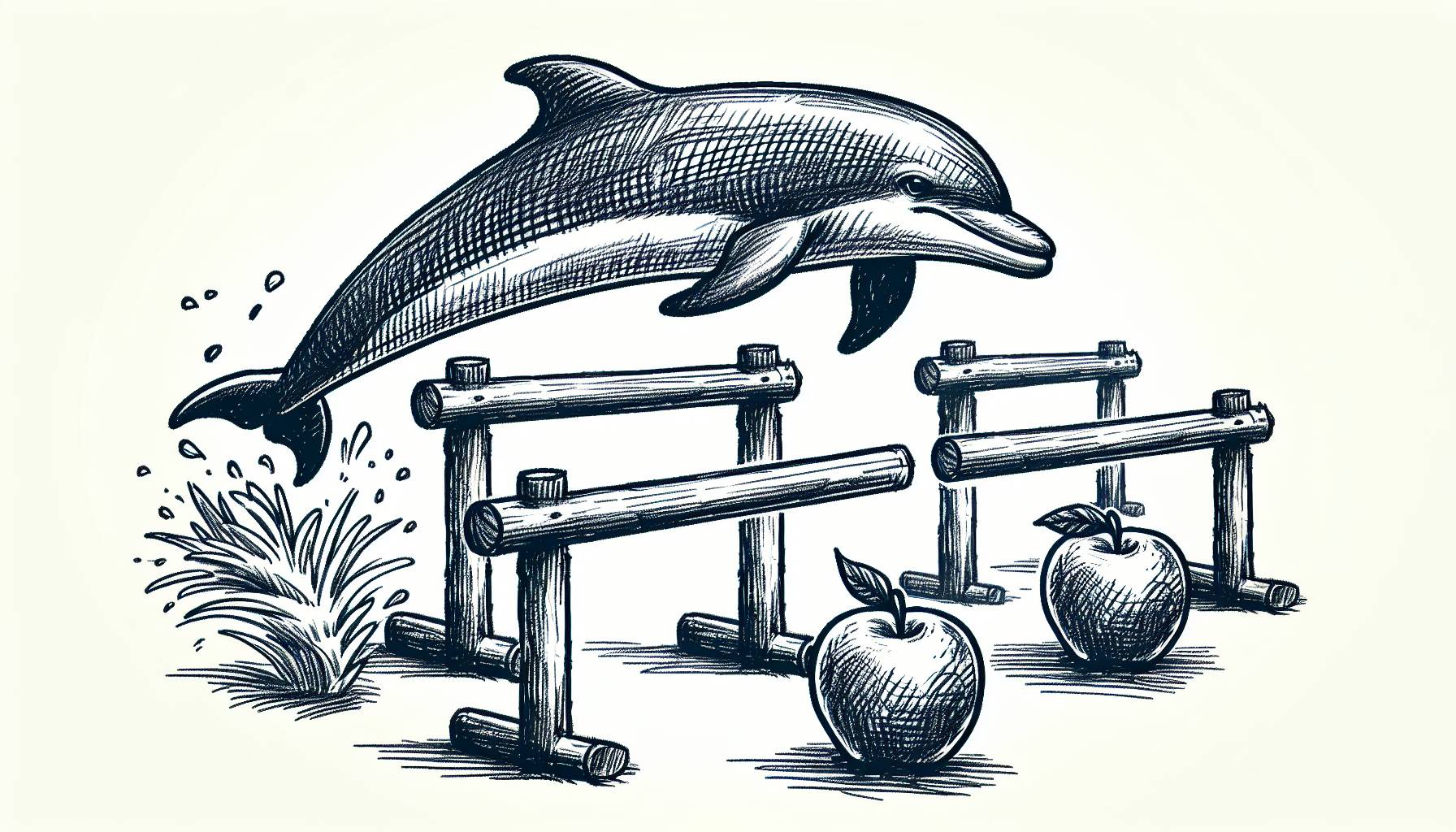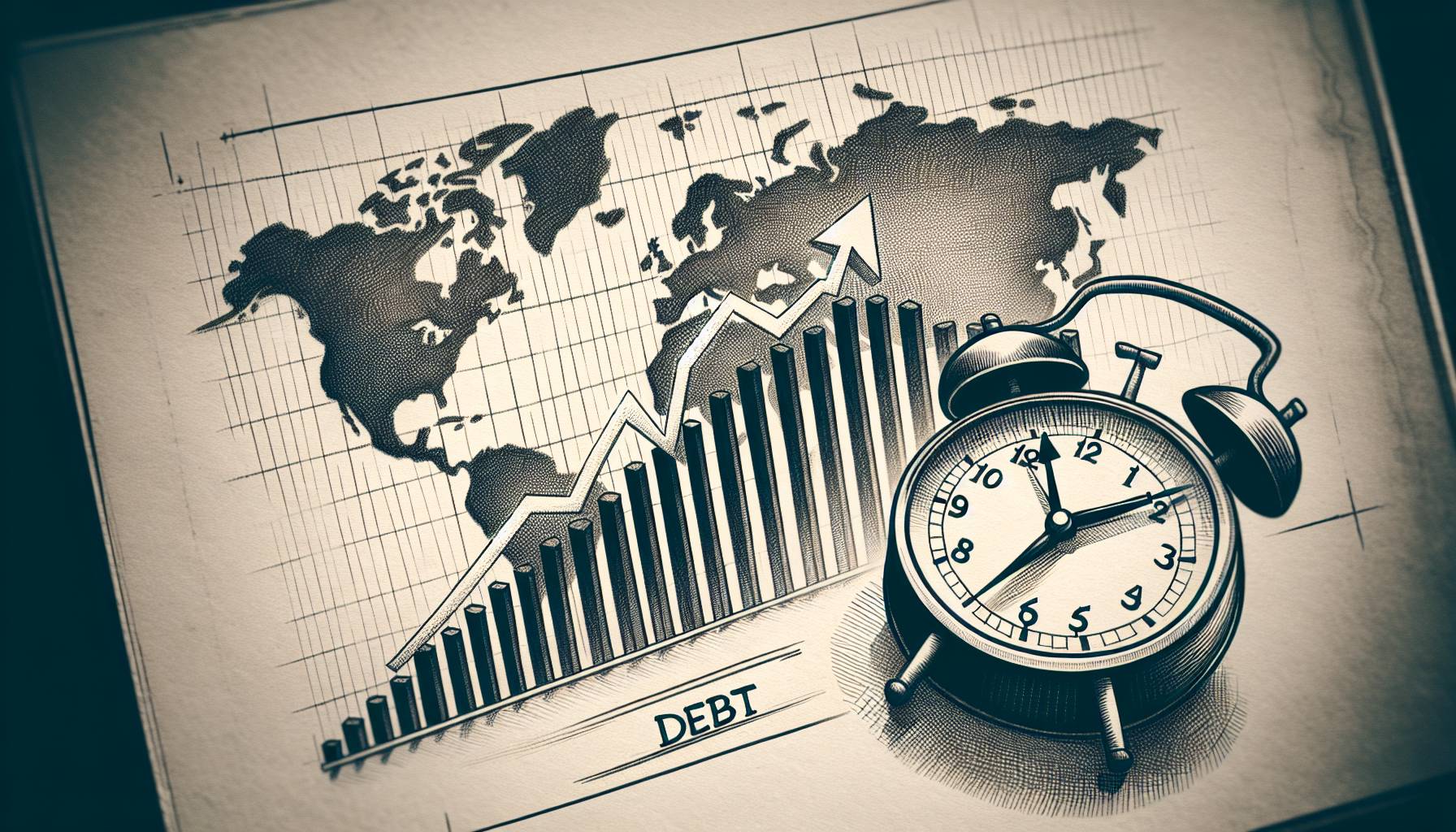The iPhone 4 unveiled Monday at Apple’s World Wide Developers conference may get your heart racing, but if you want to glimpse the future of Apple vs. Google and the entire mobile business, look at the apps.
OK, maybe not George Romero’s App of the Dead. The future is probably not about taking photos of your mom and turning her image into a zombie.
But here’s the thing: Every day, the mobile industry gets less and less about the phones, and more about what the phones can do. It’s less about the hardware (although you can read about how iPhone 4 compares to the best Android devices); more about the apps. If you doubt that, look at how Apple’s iPhone and Motorola’s Droid are advertised on TV. The commercials are entirely about apps.
That’s why the most significant aspect of the iPhone 4 isn’t the pact-pixel screen, or the front-facing camera for videoconferencing, or its thinner profile. The blockbuster in the iPhone 4 is the gyroscope, which can sense just about any motion you make holding the phone – like a phone-based Wii controller. “These phones are getting more and more intelligent about the world around them,” Apple CEO Steve Jobs said from the conference stage. The gyroscope opens up whole new app and game possibilities, and that’s the key.
Endless cycle of innovation
Going forward, the smart phones with the best apps win. And in a self-reinforcing cycle, developers will increasingly concentrate on the phones owned by the most consumers. That guarantees that more and better apps will get developed for the winning phones, which in turn will draw yet more developers, and on and on. Pretty soon, the app gap between the leading platforms and the also-rans will become so great, the also-rans will end up being as relevant as a new Meat Loaf album.
Clearly, the iPhone/iPad platform grabbed the early lead and won the hearts of app developers. As Jobs told the crowd Monday, 100 million iPhone OS devices have been sold. “There is definitely a market for your apps,” he said.
Google’s Android platform is catching up fast in numbers, in large part because Google is not hinged to any one phone maker, so it can slap Android into any phone from any company. In a survey early this year by Appcelerator, a Mountain View, Calif.-based company that offers a platform to Web developers to build applications, 87% of 1,000 developers said they were very interested in making iPhone apps, and 81% said they were very interested in making Android apps. Just 14% said the same about Palm apps, for instance.
So you see where the developers – and thus the apps – are heading: to Apple and Android.
Last two standing
If you spin that trend out three to five years, you get a universe ruled by Apple and Google platforms. Blackberry, Palm, Windows Mobile – sayonara. Windows Mobile is so far behind, Microsoft CEO Steve Ballmer recently said at the All Things D conference: “We were ahead of this game and now we find ourselves No. 5 in the market – we missed a whole cycle.” And No. 5 is basically a death sentence. (Microsoft Kin? Bet it winds up in a grave next to Microsoft Bob.)
In fact, it’s all working out eerily like a script from 25 years ago – the one about Apple, Microsoft, and the personal computer. Except this time, Jobs probably is not likely to mess it up by bringing in a CEO from the soft drink industry.
It’s also kind of silly to think of Apple vs. Google as a war. The two companies are about to split up a market of explosive growth worldwide, for as long as any analyst can see. Apple will sell all the smart mobile devices it can make – but one company can’t make ALL of the world’s billions of smart mobile devices, just a fraction of them. As long as the Apple platform remains trapped in Apple hardware, Apple will not be able to hold onto a majority market share. It’s just math, and not at all a slap at Apple.
The rest of the world will buy smart devices from Nokia, Motorola, Philips, etc., and almost all of them will end up running on Android – much like the breadth of the world’s PCs from multiple PC makers have long run on Windows. Android might never be better than Apple, but it will be more ubiquitous. Again, it’s just math.
Along the way, Apple and Google will compete to make platforms that do more, so the apps will do more, so more people will buy their brand of device. The big winner: all of us users.












